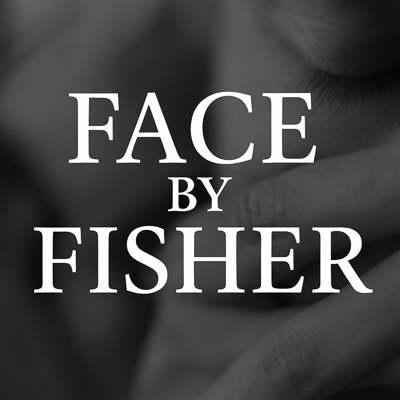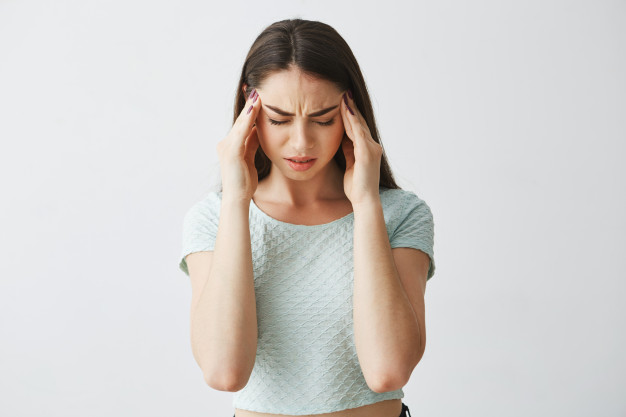As summer cools down into fall, sinus problems can arise. Sinus headaches are common during this time of year, which occur when the sinus passages behind the eyes, nose, cheeks, and forehead become congested. Sinus headaches can be triggered by allergies or occur seasonally.
Fall Sinus Problems
Sinusitis can occur year-round, but it is particularly prevalent in the fall and winter months. Sinusitis is caused when the tissues lining the sinuses become swollen, which can be triggered by allergies or the common cold. Sinus infections can cause the following symptoms:
- Congestion
- Runny nose
- Drainage from the nose or down the back of the throat
- Reduced sense of smell or taste
- Facial pain
- Headaches
Sinus headaches are often a symptom of sinusitis or can be caused by rhinitis, or hay fever. Oftentimes sinus headaches are misdiagnosed as migraines, so if you experience sinusitis symptoms, you likely have a sinus headache and not a migraine.
Solutions for Fall Sinus Problems
If you have a sinus infection, oftentimes it can resolve on its own, especially if you are not experiencing symptoms such as a fever or severe pain. Sometimes sinus infections can lead to sinus headaches, so treating the cause of the headache is an effective way to get rid of it.
- Home remedies such as using a humidifier or rinsing out the sinuses with a saline solution can help thin out the congestion that is trapped in the sinuses. Other home remedies include a hot steamy shower and breathing in the steam or applying a warm washcloth over your sinuses. This can help promote sinus drainage and relieve some of the pressure in the sinuses.
- If home remedies do not work to promote drainage and relieve congestion, decongestants such as Sudafed or Afrin can help, though it is important to not take a decongestant for more than three days.
- In addition to home remedies, you can look for over-the-counter solutions as well such as Advil or Tylenol, which can relieve any pain you might feel from a sinus headache. This can also help lower a fever. Although these solutions treat the pain and discomfort you feel as a result from a sinus infection, they do not help with the underlying inflamed tissues that caused the sinus headache in the first place.
- Prescription medicines can also help with a sinus infection causing a sinus headache, and if you talk to your doctor, they may prescribe antihistamines and decongestants to help. If you suffer from recurring sinus headaches from sinusitis or rhinitis, a prescription medication can help you manage this condition.
- In chronic cases, nasal surgery might be recommended, such as balloon sinuplasty. This procedure uses a small balloon to gently open the blocked sinus to promote drainage.
When the seasons change, your routine might have to change, too. Take extra care to avoid allergens and incorporate aerobic exercise into your daily life. This can help limit and reduce congestion and therefore sinus headaches. If you are prone to sinus problems in the fall, try home remedies first to address the problems that come along with it. Fortunately, with fall sinus problems, there are a few different solutions that you can do right at home or find easily at your local pharmacy. If the problem persists or if you develop a fever or severe pain, talk to your doctor.




